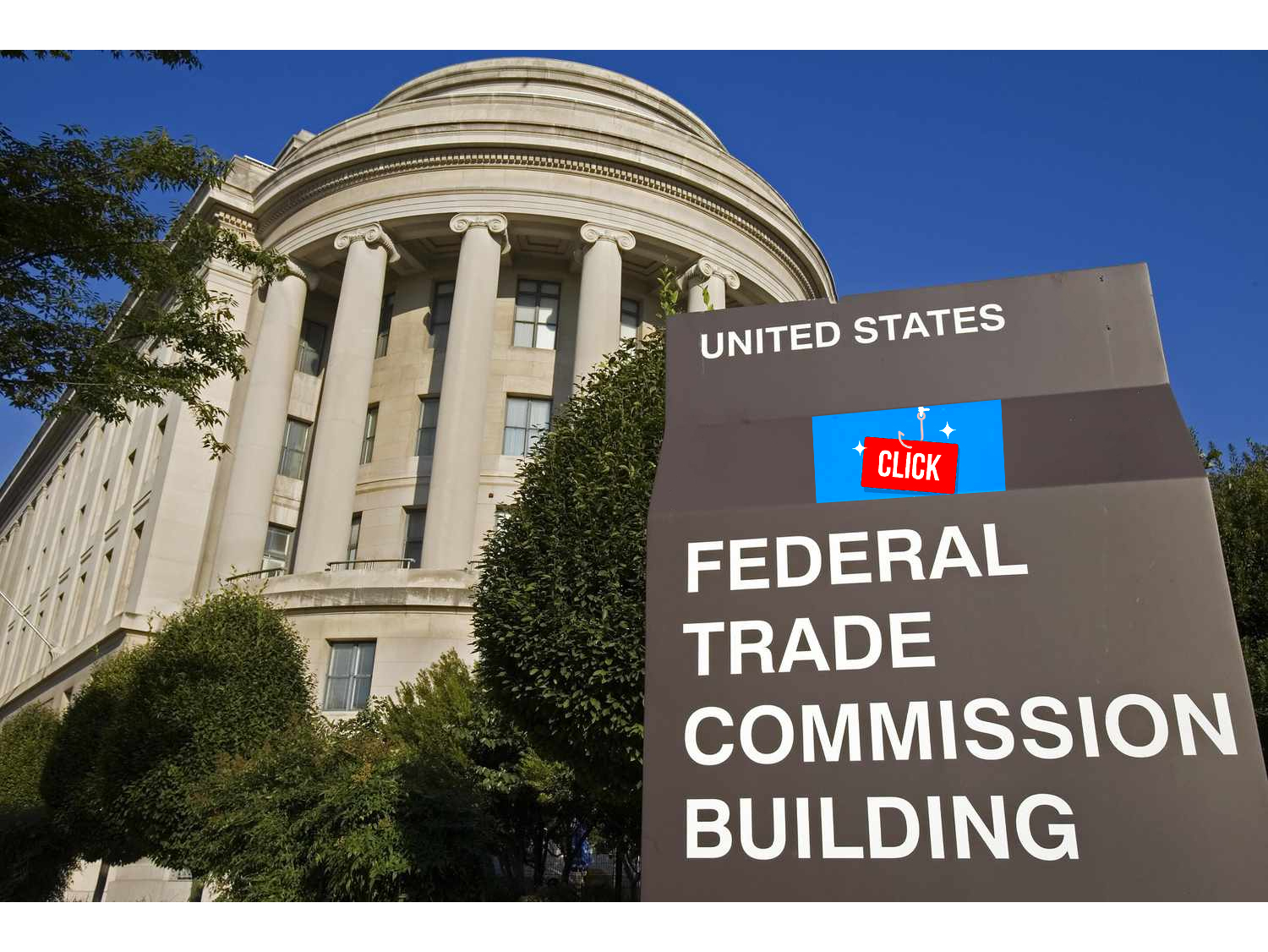- Insider Reviews and Consumer Testimonials: The final rule prohibits certain reviews and testimonials written by company insiders that fail to clearly and conspicuously disclose the giver’s material connection to the business. It prohibits such reviews and testimonials given by officers or managers. It also prohibits a business from disseminating such a testimonial that the business should have known was by an officer, manager, employee, or agent. Finally, it imposes requirements when officers or managers solicit consumer reviews from their own immediate relatives or from employees or agents – or when they tell employees or agents to solicit reviews from relatives and such solicitations result in reviews by immediate relatives of the employees or agents.
This appears to prohibit an audio manufacturer from disseminating a review or testimonial by a dealer of that manufacturer's products.
If an influencer enters into an agreement or an understanding with a manufacturer that he/she will post on WBF a favorable review of the manufacturer's product in return for a discount on the purchase of that product this connection has to be "clearly and conspicuously disclosed."
Here is the actual rule:
§ 465.5 Insider Consumer Reviews and Consumer Testimonials.
(a) It is an unfair or deceptive act or practice and a violation of this part for an officer or manager of a business to write or create a consumer review or consumer testimonial about the business or one of the products or services it sells that fails to have a clear and conspicuous disclosure of the officer’s or manager’s material relationship to the business, unless, in the case of a consumer testimonial, the relationship is otherwise clear to the audience.
(b)(1) It is an unfair or deceptive act or practice and a violation of this part for a business to disseminate or cause the dissemination of a consumer testimonial about the business or one of the products or services it sells by one of its officers, managers, employees, or agents, which fails to have a clear and conspicuous disclosure of
the testimonialist’s material relationship to the business, when the relationship is not otherwise clear to the audience and the business knew or should have known the testimonialist’s relationship to the business.
(2) However, paragraph (b)(1) of this section does not apply to:
- (i) generalized solicitations to purchasers for them to post testimonials about
their experiences with the product, service, or business, or
- (ii) merely engaging in consumer review hosting.
(c)(1) It is an unfair or deceptive act or practice and a violation of this part for an officer or manager of a business to solicit or demand a consumer review about the business or one of the products or services it sells from any of their immediate relatives or from any employee or agent of the business, or to solicit or demand that such employees or agents seek such reviews from their relatives, when:
- (i) the solicitation or demand results in an officer’s or manager’s immediate relatives, an employee or agent, or the immediate relatives of an employee or agent writing or creating such a review without a disclosure of the reviewer’s material relationship to the business, and
- (ii) the officer or manager:
(a) encouraged the prospective reviewer not to make such a disclosure,
(b) did not instruct that prospective reviewers disclose clearly and conspicuously their relationship to the business, or
(c) knew or should have known that such a review appeared without such a disclosure and failed to take remedial steps.
(2) However, paragraph (c)(1) of this section does not apply to generalized solicitations to purchasers for them to post reviews about their experiences with the product, service, or business.
(I do not know why the outline numbering is repeating.)
-----------------------------------------------------------------------------
This rule requires the consumer testimonial of officers, managers, employees and agents of a manufacturer to "disclose clearly and conspicuously" such person's relationship to the manufacturer.
The distributor of a manufacturer, and the dealers representing that manufacturer and a brand ambassador for that manufacturer typically would not be an agent under principal/agent law. So this rule does not attach to the consumer reviews or to the consumer testimonials of a distributor or of a dealer or of a brand ambassador.










